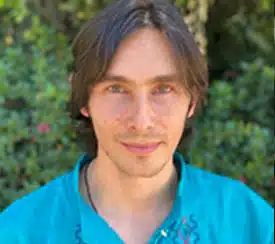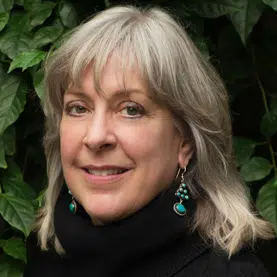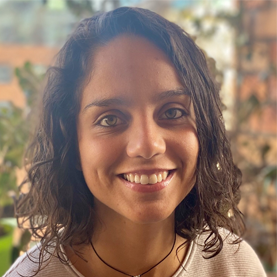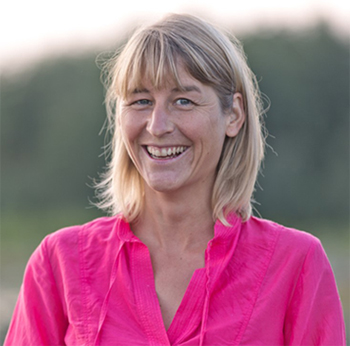
During my early work in anthropology, when I visited cultures that lived much like their Paleolithic forebears, I was surprised to find how present the sacred was in their lives. Many of their legends speak about a heavenly being who walked the earth bringing wisdom. He was known as Quetzalcoatl, the feathered serpent, Lord of the Dawn to the Aztec and Hopi.
Quetzalcoatl was the ever-returning God, associated with Venus, the morning star. The legends say that he returns in every new era to bring renewal and wisdom, and he represents our own eternal return to the earth, lifetime after lifetime. His legacy is to continually renew the fertile soil, to replenish your body, your thinking, and your village. Quetzalcoatl teaches that mortal existence is brief and we have to cherish it and protect it, as it is extremely difficult to earn a physical body. You wanted long-life and good health so you could learn the lessons you came to learn in this world. The shamans discovered the edible greens that are rich in phytonutrients and that ensured good health during our all-too-brief lives.
What an extraordinary collaboration there is between human beings and the plant kingdom. We are perfect symbionts: oxygen, the waste product of plant respiration, sustains life for humans, and our respiratory waste, carbon dioxide, sustains life for the plants. Plants turn sunlight into nutrient-dense foods we can use. For our ancestors, survival in the wilderness was a natural outcome of respectful interaction with nature. Knowing which berries were nutritious and which were poisonous and where to find edible roots required humans to communicate with green life in a way incredible to most of us today.
So how did we lose this intimate connection with Spirit and the natural world? When did we stop speaking with the rivers and the trees? Anthropologist Jared Diamond traces it back 10,000 years to the agricultural revolution, when humans exchanged the Paleolithic hunter-gatherer diet for a diet based on agricultural grains. Diamond calls this dietary shift “the worst mistake in the history of the human race.”2 It led to centuries of war and conflict, he says, and gave rise to society after society of cruel masters, ruthless warriors, and hapless slaves.
With a diet based on wheat, barley, rice, and maize—grains with a high glycemic index, or blood-glucose elevating potential—our farming ancestors were essentially living on sugar. Our bodies and brains are still suffering the health consequences of this dietary shift. A brain steeped in sugar is sluggish and dull. In Chapter 4, you’ll discover more about grains and how toxic they are to the digestive system and brain, and about the harmful effects of gluten, the proteins in cereal grains.
The rise of agriculture brought with it the notion that survival and security depended on a powerful divine-king who could rally forces to protect the land, the peasants, and the grain stores. Humans became fearful and warlike. Direct experience of the divine gave way to religions overseen by intermediaries and power brokers between God and man.
We need to bring our connection to Spirit and natural forces back into the healing equation. To find peace within ourselves and live harmoniously with all beings on the planet, we need to shift our allegiance away from the tyrannical, sugar-fueled, grain-fed mind-set. We must go back to the primarily plant-based diet of our ancient ancestors and their way of experiencing the Oneness of the cosmos.
Have you experienced a plant based diet?







